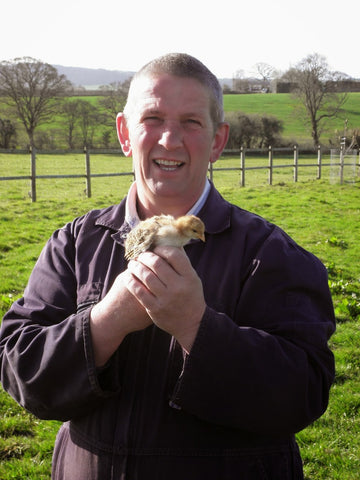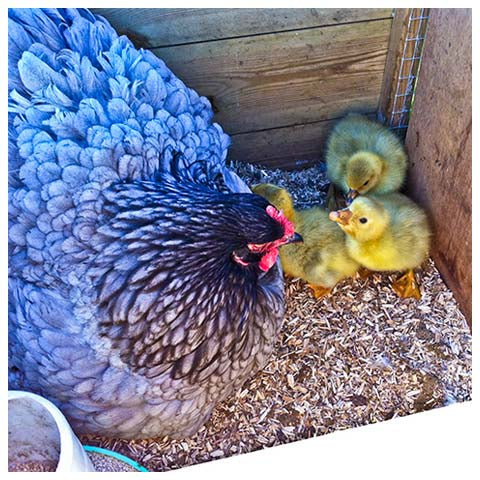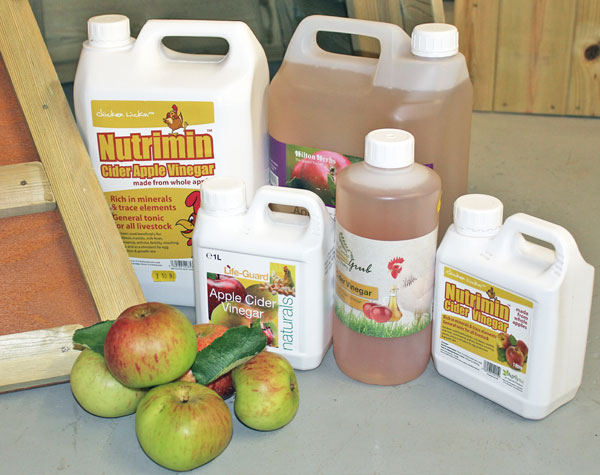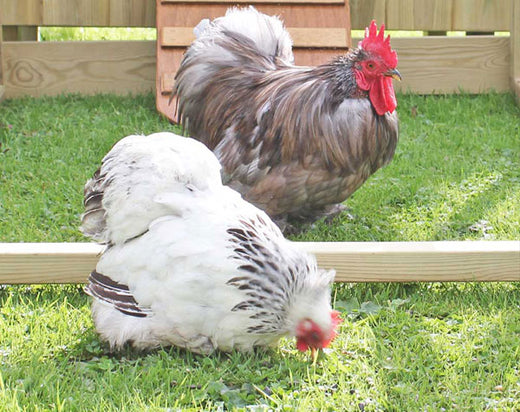Rob's Top Tips on Hatching Chicks

Every Tuesday and Thursday the slow trudge of Flyte so Fancy's resident chicken whisperer (Rob the Gardener) can be seen, toing and froing with his wheelbarrow between the compost heap and the poultry paddock.
He certainly has the love of his various charges here at FSF, from the Gold Sebrights and Silver Spangled Hamburgs, down to the ducks, geese, guinea fowl and chickens in the field, the arrival of Rob always causes great commotion and excitement.
I joined Rob on Tuesday in his toing and froing, for a chance to meet all the newly hatched arrivals and soon to be fully-fledged members of the FSF Team.
As we stopped by the day-old Gold Sebright chicks before moving down to the chicken field to give the Heinz 57, and slightly older Silver Hamburgs, a check-up I took the opportunity to ask Rob for some of his top tips for successful incubation, rearing and hatching.
1. "Always use fresh fertile eggs. It sounds like a silly thing to say, but I have known people use stale eggs, infertile eggs and a lovely old lady who once put a selection of supermarket 'free-range eggs' under a hen hoping for some chicks".

2. "I've always found it easier to use a hen. There is nothing wrong with incubation, but you will need all the paraphernalia that goes with it, heat lamps etc. Stick some eggs under mummy hen and she will do all the work for you".
3. "In the first couple of days after hatching feed them a little boiled egg, great for giving them a much needed protein boost. While hatching they will have absorbed the last of the energy from the egg yolk, so this is just a continuation of this, then get them onto a real top quality chick crumb with at least 16% protein levels".
4. "I always like getting my chicks out onto grass as soon as possible. But make sure that they are well-protected. A fluffy little chick is a perfect bite-sized meal for rats, let alone larger predators or even crows and sparrow hawks, so make sure that they are in a good strong coop, that can't be burrowed or broken into".
5. "If you're planning on introducing them into a larger flock, later on, make sure that the current flock can see the chicks as they grow, this will avoid bullying when they are all put in together. Just because a hen sat broody doesn't mean she will continue that motherly affection afterwards and two cockerels in a small flock will always fight, regardless of a father and son relationship".

Finishing our tour and check-up of all the young chicks, Rob took me over to one last chicken coop, where a broody hen was sitting on some duck eggs that the chicken whisperer put under her.
So, here we have, after just a few weeks, some ducklings hatched by our Orpington mum.
They will soon be doing laps of the pond but 'mum' will be safely staying on the bank.
- - -
Rob's Top Tips article by Daniel Coombes ©flytesofancy 2018



